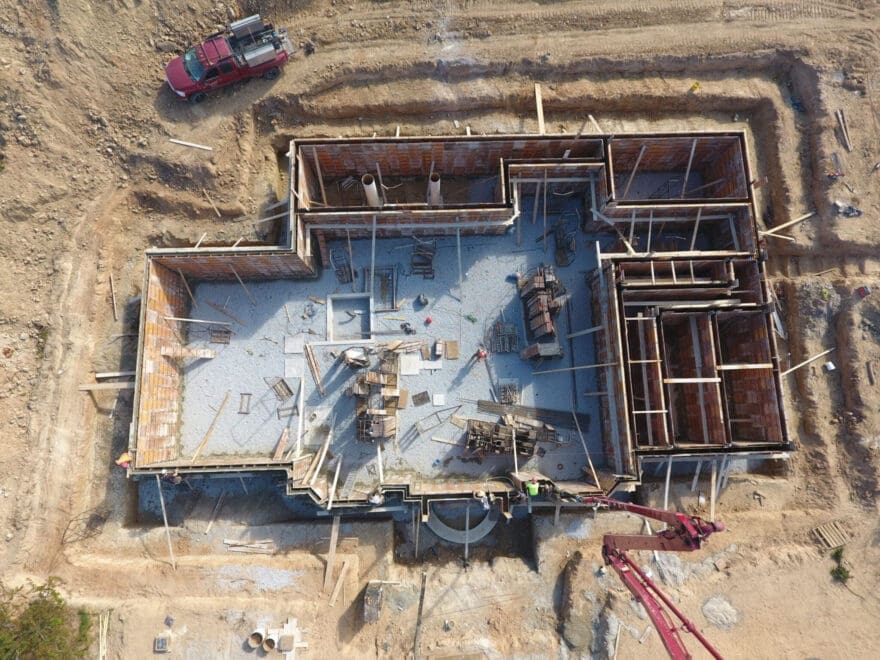
When building a custom home, one of the most important early decisions you’ll make is how your project will be priced. At Homes by Hendriks, we believe in empowering our clients with the knowledge they need to make informed choices. Two of the most common pricing structures in residential construction are Fixed Price and Cost Plus contracts. Each comes with its own advantages and considerations, depending on your goals, budget, and risk tolerance.
Here’s a breakdown of both, to help you understand which might be the better fit for your project.
What Is a Fixed Price Contract?
A Fixed Price (or lump sum) contract means that the builder provides a single, agreed-upon price for the entire construction project. This amount covers everything that’s outlined in the contract, from materials and labour to subcontractor work and administrative costs.
Pros:
- Cost Certainty: You know exactly how much the project will cost from the outset.
- Simplified Financing: Lenders often prefer this type of contract because it provides a clear project total.
- Low Risk for Homeowners: Any cost overruns (not due to change orders or unforeseen site conditions) are typically absorbed by the builder.
Cons:
- Less Flexibility: If you want to make changes during construction, it may come with additional costs or contract amendments.
- May Include Built-In Buffers: To manage their risk, builders may include contingency amounts in the price, potentially making it higher than actual costs.
What Is a Cost Plus Contract?
A Cost Plus contract means you pay for the actual cost of construction (materials, labour, permits, etc.) plus an additional fee for the builder’s services—usually a percentage of the total cost or a fixed management fee.
Pros:
- Full Transparency: You can see exactly where every dollar is going, which builds trust and can lead to better collaboration.
- Flexibility: Easier to make changes during construction without major delays or paperwork.
- Potential Savings: If actual costs come in lower than expected, you benefit directly.
Cons:
- Less Predictable Final Cost: Since it’s based on actual expenses, the total cost isn’t known until the project is completed.
- More Involvement Needed: You may be more involved in decisions and reviews throughout the build.
- Greater Risk for the Homeowner: If materials or labour costs rise, those increases are passed directly to you.
So, Which Is Better?
There’s no one-size-fits-all answer. At Homes by Hendriks, we tailor our approach based on your goals, budget, and comfort level. Here’s a quick guide:
- Choose a Fixed Price Contract if you…
- Have a firm budget and need cost certainty.
- Prefer a streamlined, less hands-on process.
- Want to minimize risk of price fluctuations.
- Choose a Cost Plus Contract if you…
- Want more control and visibility over the building process.
- Are open to flexibility and design changes during the build.
- Are comfortable managing the financial variability.
Why It Matters Who You Build With
Whether you choose Fixed Price or Cost Plus, the success of your custom home comes down to the integrity, experience, and transparency of your builder. At Homes by Hendriks, we’ve built our reputation on delivering high-quality homes with honesty and clarity at every step. We take the time to explain every contract detail and work collaboratively with you to choose the structure that aligns with your vision and priorities.
Ready to Build with Confidence?
If you’re considering building a custom home and want expert guidance from a team that values transparency and craftsmanship, contact us today. We’re here to help you explore your options and find the best path forward—on your terms.









